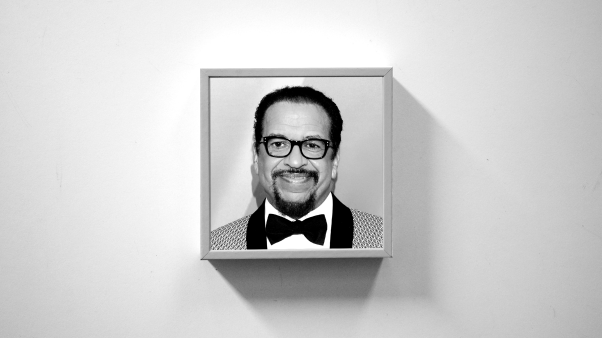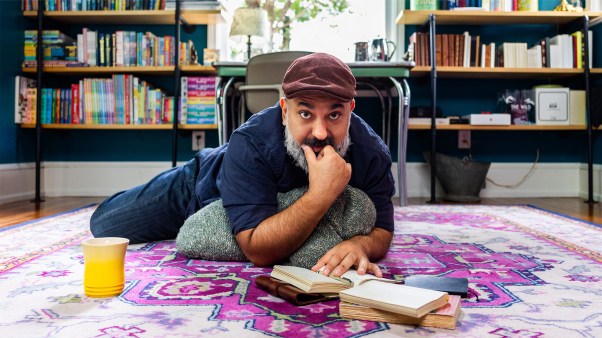The Power of Habit: Why We Do What We Do In Life and Business (Random House, 2012) by Charles Duhigg
How did Tony Dungy transform the Tampa Bay Buccaneers from one of the worst NFL teams into a Super Bowl contender? What is the secret of Michael Phelps’ 22 Olympic medals, or the exponential growth of the Starbucks empire under Howard Shultz? Why do some people quit smoking, start exercising, and complete a Masters degree while others stay stuck in the same routines year after year? The common answer to these questions isn’t luck or even willpower, but a simple focus on the power of everyday habits.
In The Power of Habit: Why We Do What We Do In Life and Business (Random House, 2012) New York Times columnist Charles Duhigg examines the psychology of habits, and how they can be changed. From the medical labs at M.I.T to the basement of Bill Wilson, founder of Alcoholics Anonymous, Duhigg uncovers the habits that shape both organizations and individual lives. From brushing our teeth to driving to work, researchers say unconscious habits drive up to 40 percent of our behavior. Although Duhigg believes you can’t completely eliminate bad habits, he is refreshingly optimistic that even nagging habits can be changed by understanding how they work.
Pastors and church leaders have long recognized the importance of habits in spiritual formation. Although we can’t directly change our character, spiritual masters from St. Benedict to Richard Foster say God uses spiritual disciplines—daily spiritual habits—to transform our souls. Dallas Willard, author of The Spirit of the Disciplines, says, “In essence, an individual’s character is nothing but the pattern of habitual ways in which that person comports his or her body.”
But canning old habits and adopting new ones is no easy task. As anybody knows who has tried to quit drinking or start training for a triathlon, old habits don’t budge easily. Habits ingrained in church culture—from elder board meetings to Sunday morning worship routines—might be even more intractable. How, then, do habits change?
The key to habit change is in recognizing their pattern, what Duhigg calls “the habit loop.” Every habit has three parts: cue, routine, and reward. The “routine” is the habit—biting nails, brewing coffee, checking email—which is initiated by a cue and driven by a craving for a reward.
Duhigg believes a four-step process can help reshape habits. (1) Identify the routine. Say you’ve developed the habit of eating a cookie every afternoon (a routine the author adopted while writing the book). The first step is to recognize you’ve fallen into a pattern. (2) Experiment with rewards. Is it the cookie’s taste that’s drawing you, or are you just bored? Start testing what you’re really craving, and begin to experiment with other rewards, such as a cup of tea or chatting with a friend, that might satisfy your afternoon urge. (3) Identify the cue. Do you start to crave the cookie at a particular time in the afternoon, or is it when you sit down at your desk? Learning your cue, whether it be location, time, or emotional state, is key to redesigning your habit loop. (4) Have a plan. Habit change happens when you choose a better routine that is triggered by a known cue and delivers a reward you’re craving.
Understanding the habit loop has deep implications for ministry. Pastoral counseling often deals with habitual behavior. Those struggling with bad habits from pornography to laziness can begin to change old patterns through recognizing their cues, replacing rewards, and planning better routines.
Within church leadership, habits form everything from greeting visitors to recruiting volunteers. Rick Warren grew Saddleback Church from seven to 20,000 members by largely by asking members to adopt three new habits—daily prayer, tithing ten percent, and joining a small group. Most importantly, pastors can apply the habit loop to form new spiritual disciplines. Instead of listening to the radio on the way to work, place a Bible on your seat (cue), pray for 5 minutes (routine), and take your first sip of coffee (reward).
The Power of Habit belongs in pastoral libraries next to Jim Collin’s Good to Great or John Kotter’s Leading Change. Though some may balk at taking tips from business psychology, the book is both fascinating and intimately practical for Christian leaders. In 1892 American philosopher William James wrote, “All our life, so far as it has definite form, is but a mass of habits.” If changing lives means changing habits, perhaps next week’s leadership meeting should begin with a diagram of the habit loop.
Copyright © 2013 by the author or Christianity Today/Leadership Journal.Click here for reprint information on Leadership Journal.









